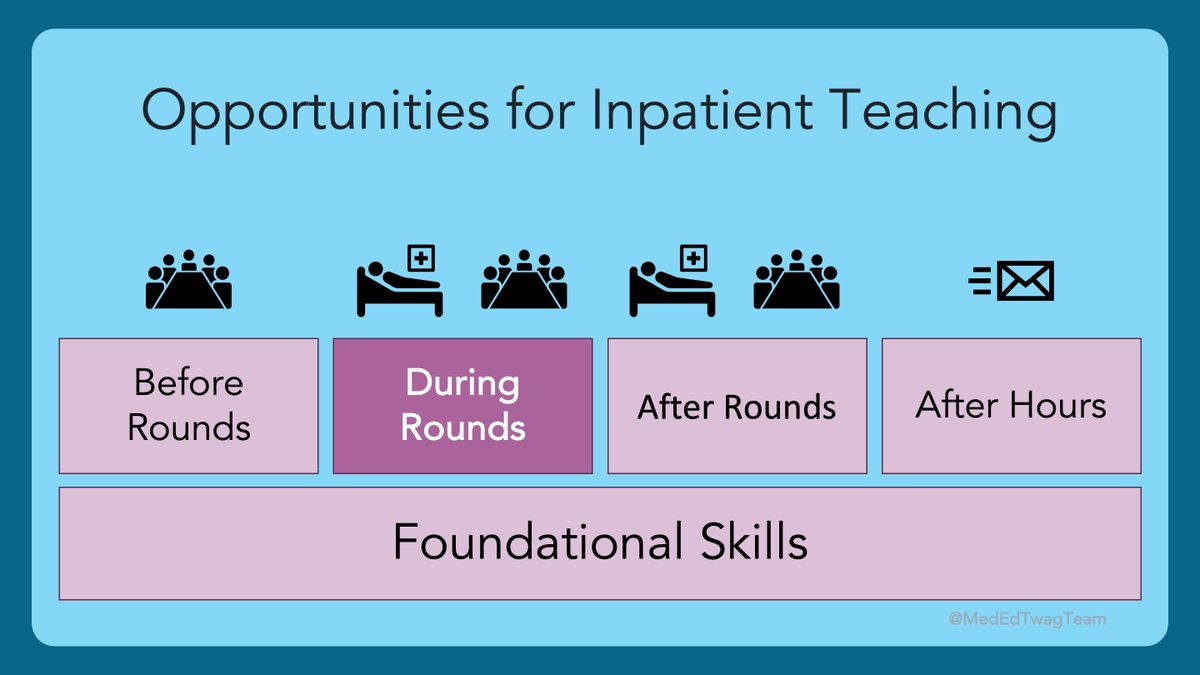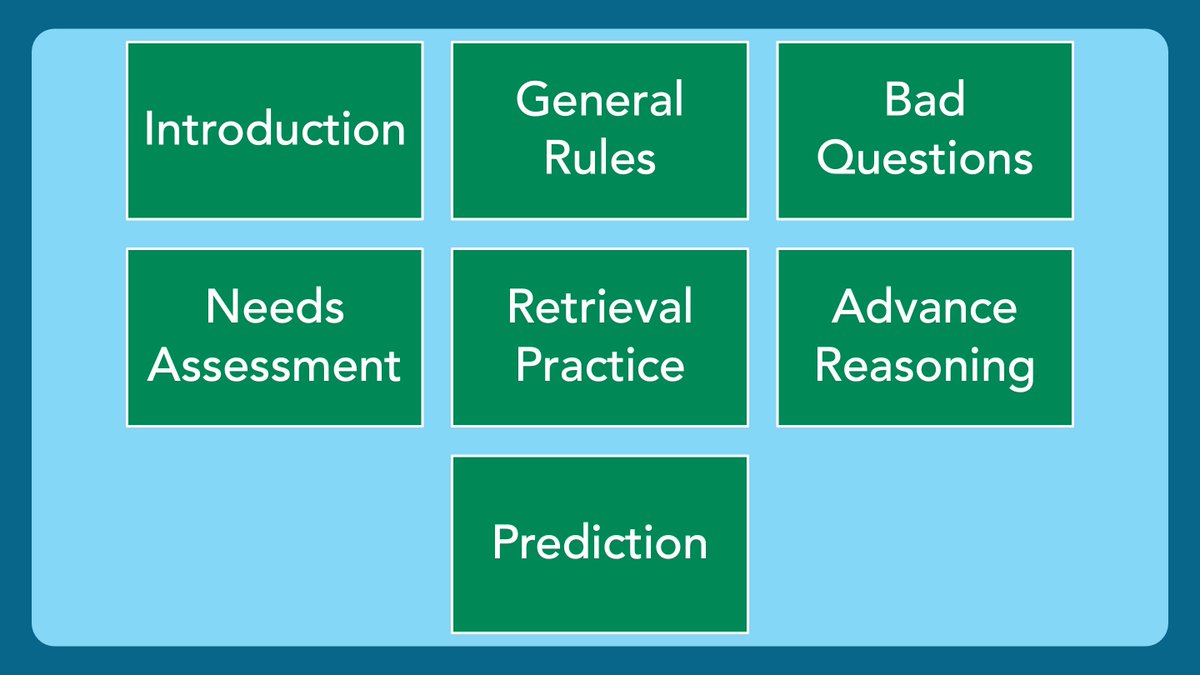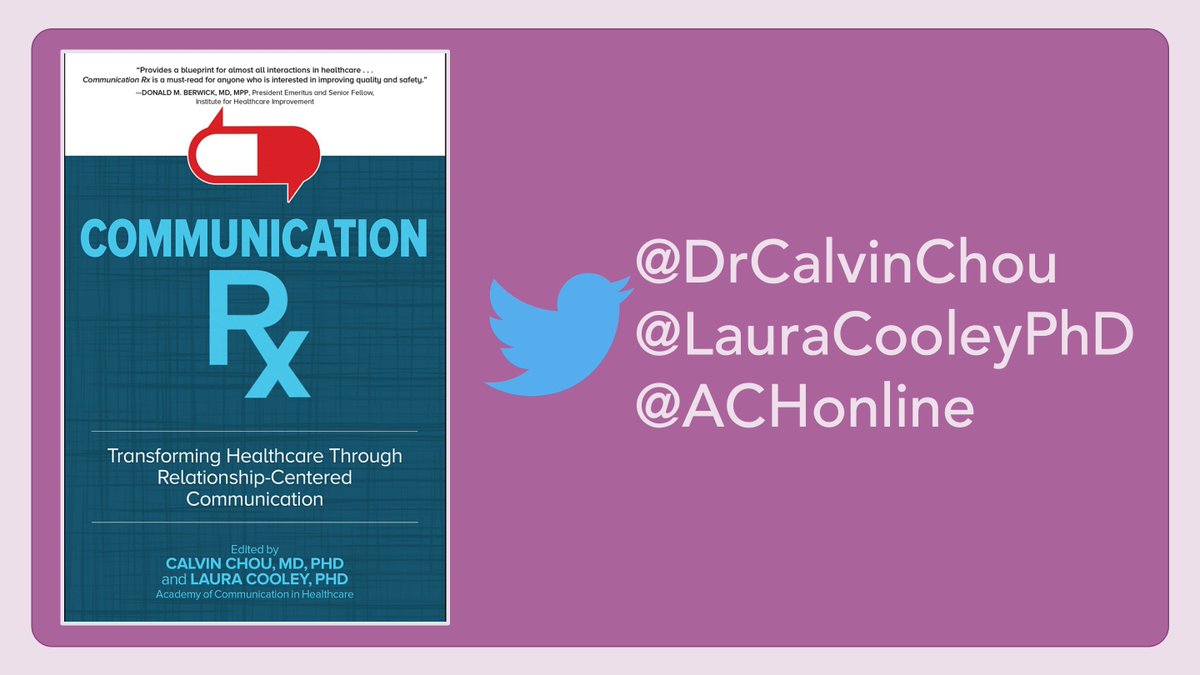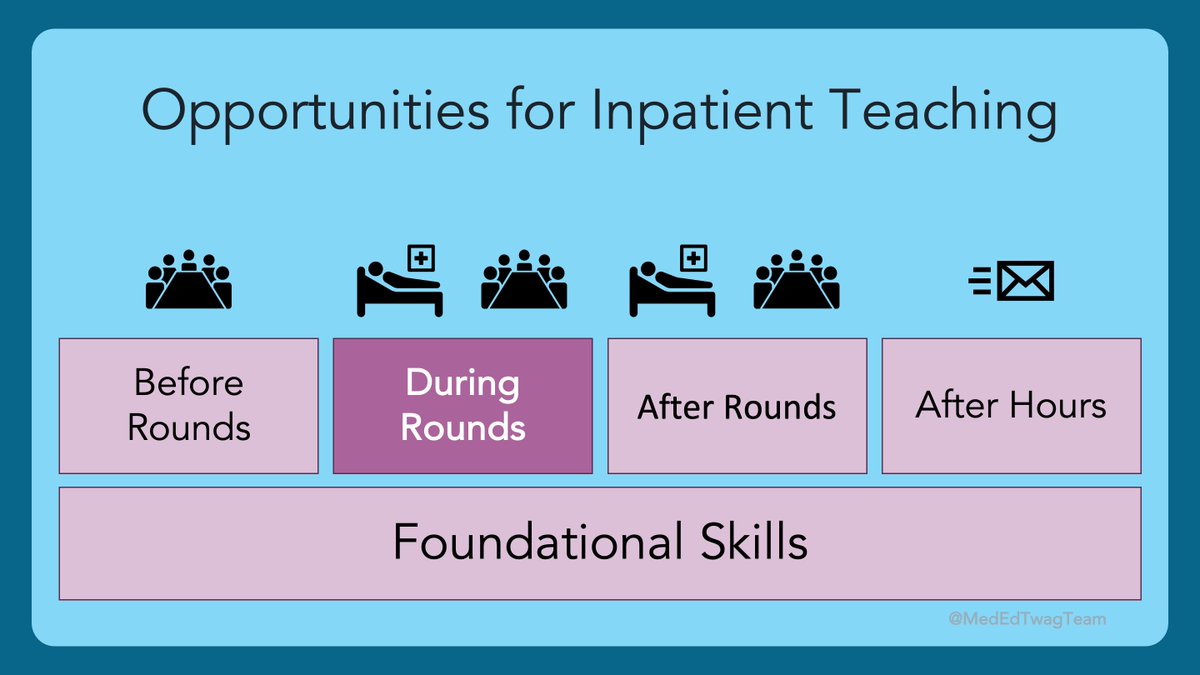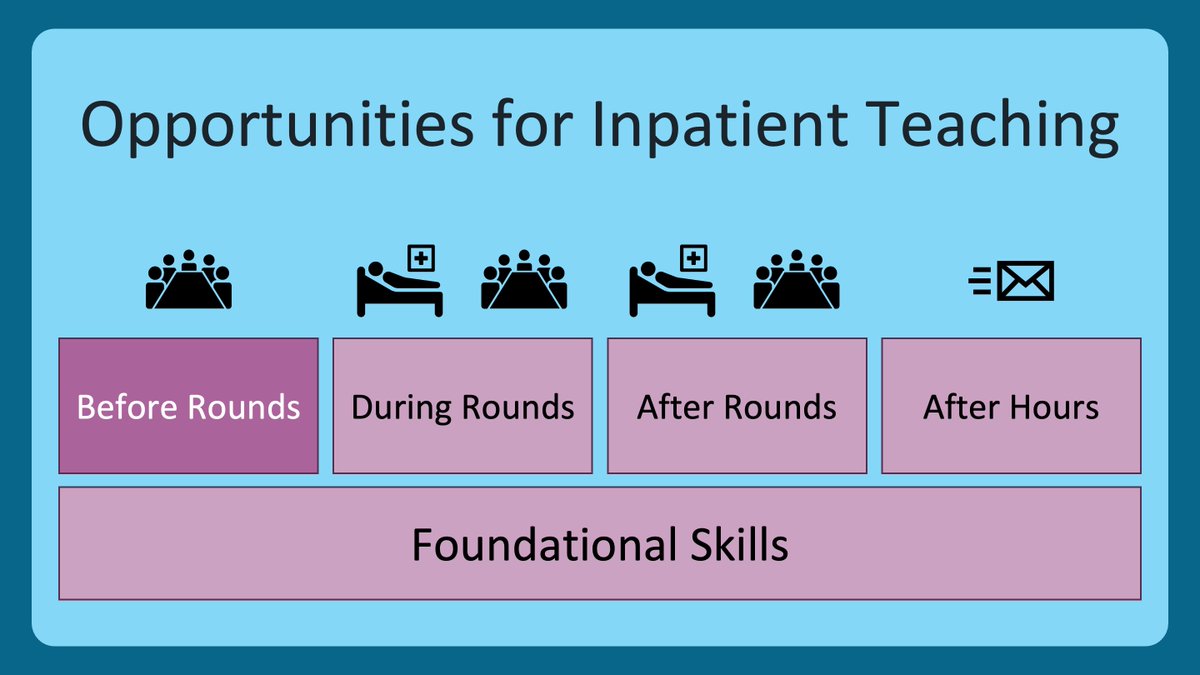1/ Welcome back to #TweetorialTuesday with the #MedEdTwagTeam!
We are in our #EffectiveQuestions series.
Thanks for joining us, #MedTwitter, #MedEd, & #MedStudentTwitter Friends!
We are in our #EffectiveQuestions series.
Thanks for joining us, #MedTwitter, #MedEd, & #MedStudentTwitter Friends!

2/ Here is where we are in our journey through the world of inquiry as a teaching tool.
Before we get into some methods of effective questioning, I think it is important to spell out what makes a “bad question”.
This is what we will tackle today. Let’s go!
Before we get into some methods of effective questioning, I think it is important to spell out what makes a “bad question”.
This is what we will tackle today. Let’s go!

3/ Back in our intro, we introduced the idea of ”pimping”. We were unequivocal that we feel this term and practice are bad and have no place in medical education.
Although, we acknowledge there are some who argue otherwise.
pubmed.ncbi.nlm.nih.gov/26647250/
pubmed.ncbi.nlm.nih.gov/25088335/
Although, we acknowledge there are some who argue otherwise.
pubmed.ncbi.nlm.nih.gov/26647250/
pubmed.ncbi.nlm.nih.gov/25088335/

4/ As you all know, @JenniferSpicer4 & I are big fans of psychological safety in the clinical learning environment.
The practice of “pimping” is the antithesis of psychological safety.
From now on, let’s assume you all love psychological safety as much as we do.
The practice of “pimping” is the antithesis of psychological safety.
From now on, let’s assume you all love psychological safety as much as we do.
5/ Even educators who care deeply for their learners and promote flattening hierarchies ask, “bad questions,” including us.
What trips up most educators is the infamous, “guess what I’m thinking,” questions.
What trips up most educators is the infamous, “guess what I’m thinking,” questions.
6/ A "guess what I'm thinking" question typically arises when educators “lead the witness.” See the below example: 

7/ This clinician educator had a specific teaching point pop in their head.
They wanted to share it but also want to engage the team through inquiry.
They try to lead the learner to make THEIR teaching point. This often gets messy.
They wanted to share it but also want to engage the team through inquiry.
They try to lead the learner to make THEIR teaching point. This often gets messy.
8/ You can feel this teacher’s good intentions. And their teaching point was a good one. But their approach was sub-par.
What this person did was ask a very specific question, with a very specific answer, to a specific person.
What this person did was ask a very specific question, with a very specific answer, to a specific person.
9/ Any question with a ”right” answer is a quick way to get yourself into trouble.
Learners can either feel good (if they get it right), or bad (if they get it wrong). There is no neutral option.
Learners can either feel good (if they get it right), or bad (if they get it wrong). There is no neutral option.
10/ You also don’t learn much about your trainees. Do they know your factoid or not?
You don’t get to observe how they think, how they build on their foundational knowledge, or how they identify meaningful gaps in their knowledge.
You don’t get to observe how they think, how they build on their foundational knowledge, or how they identify meaningful gaps in their knowledge.
12/ I think this teacher did much better this time around.
With an open-ended question, they let the learner share what they knew.
The learner wasn’t thinking about the same thing as the teacher, and that’s okay!
AND, the "teacher" learned something from the trainee.
With an open-ended question, they let the learner share what they knew.
The learner wasn’t thinking about the same thing as the teacher, and that’s okay!
AND, the "teacher" learned something from the trainee.
13/ And remember from last week, if you ask a “bad question,” apologize, and just make the teaching point you were thinking about.
SO simple & SO effective.
SO simple & SO effective.

14/ Next week we will get into why this teacher's second attempt was a good approach.
But for now, remember this:
But for now, remember this:

15/ Thanks for joining us!
Please, join us again next week as we have perfectly set up using questions as a “needs assessment.”
To not miss out, make sure to follow: @MedEdTwagTeam, @JenniferSpicer4, and me.
Tweet you then.
Please, join us again next week as we have perfectly set up using questions as a “needs assessment.”
To not miss out, make sure to follow: @MedEdTwagTeam, @JenniferSpicer4, and me.
Tweet you then.

• • •
Missing some Tweet in this thread? You can try to
force a refresh




